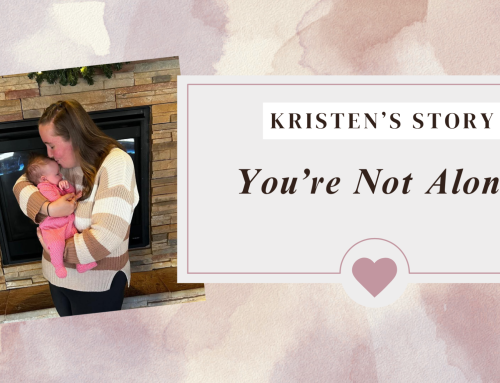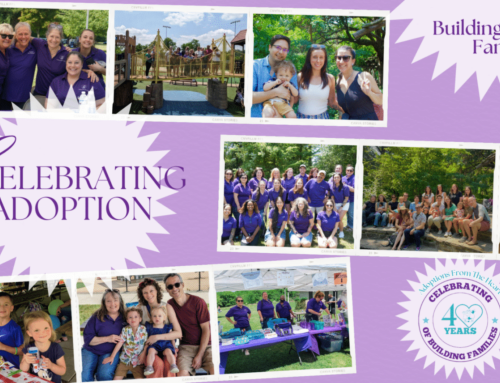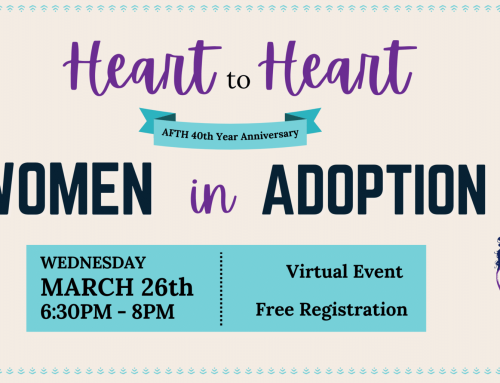AFTH’s most recent Adoptions & Beyond Podcast educates listeners on how to support LGBTQ+ youth. Phii Regis from the Human Rights Campaign joins AFTH’s Nicole and Kristy to discuss resources that can help affirm gender identities. This podcast comes at a time of increases in discriminatory legislation aimed at transgender and gender non-conforming youth. 54% of transgender and gender non-confirming youth report that they rarely or never feel safe in school, according to Regis and studies conducted by the HRC.
Allowing LGBTQ+ youth to find safe places to explore their identity can help them feel more confident in themselves. This is more crucial when these youth are part of the foster care system. 30% of those in foster care identify as part of the LGBTQ+ community. These youth may be more vulnerable as they are apart of multiple marginalized communities. As their caregiver, it’s important to guide them to environments where they can thrive.
At a time when so many non-cis-gender youths lack support from the government and their schools, it’s important for caregivers to offer extra encouragement and help. Regis offers various resources and pieces of advice on how to ensure these youth are set up for success. Finding schools and extracurricular activities that are affirming is important. Parents and guardians should take the time to select programs that will allow their youth to express themselves freely.
Offering Support at Home
As for inside the home, there should be space to share difficulties experienced outside of the house. Young people can be given the support they need by creating an environment that allows them to confide about bullying and harassment at school. Guardians should intentionally implement behaviors that are accepting of their youth’s gender identity rather than rejecting it. These behaviors can include introducing them to positive role models and being emotionally supportive of them during this time.
Regis also explains that some parents and caregivers may struggle with their child’s gender identity. While this change may naturally bring feelings of discomfort, Regis explains that it’s important to make sure that the child isn’t aware of these feelings. This could lead to an additional burden on the young person and may leave them feeling unsupported.
Learn More
As Pride Month ends, it’s important to think about how we can show pride and allyship year-round. To learn more, check out the Adoptions & Beyond Podcast, available on Spotify and YouTube. The Human Rights Campaign also offers various educational resources for parents and LGBTQ+ youth.





